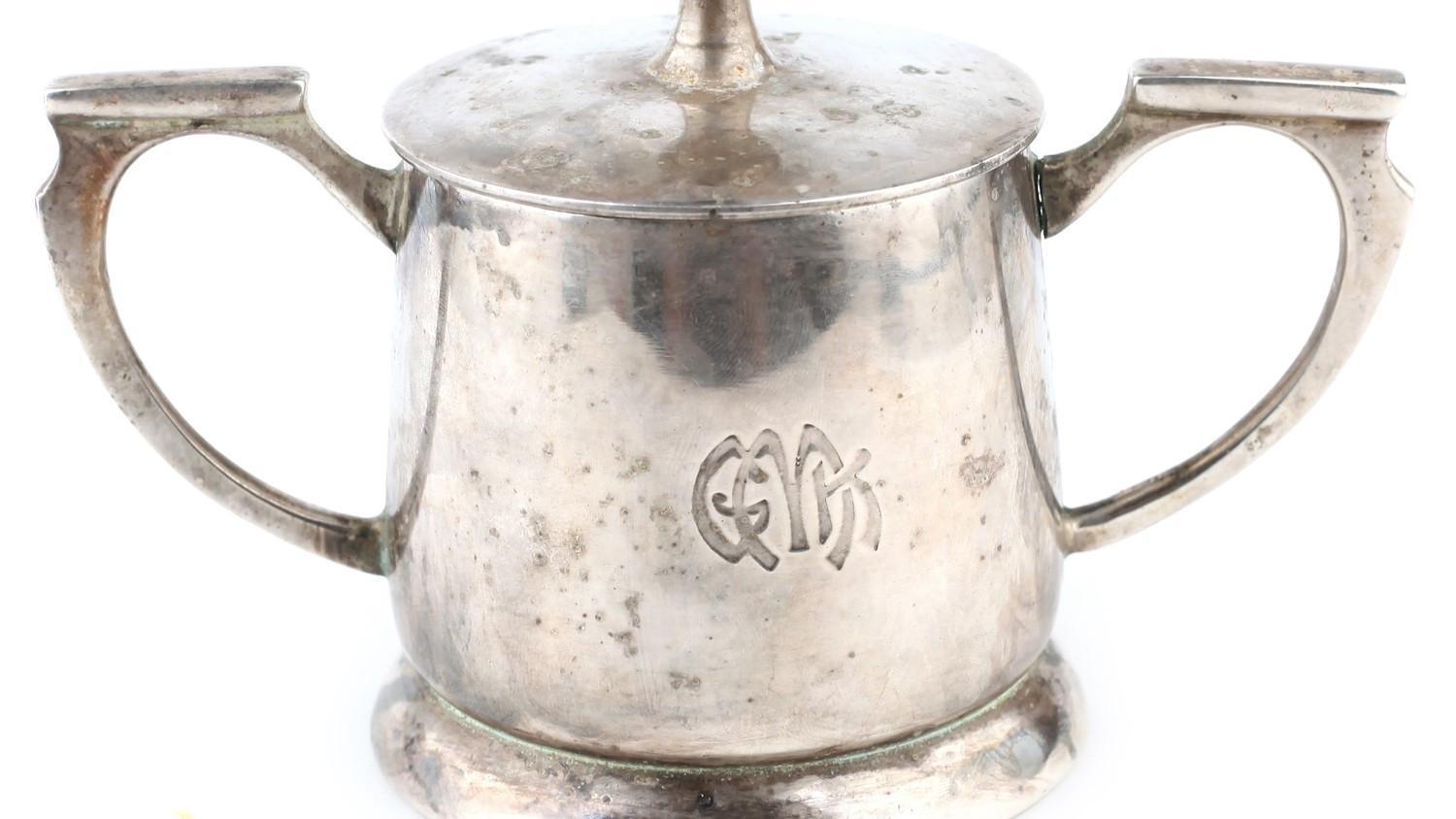
A silver-plated sugar bowl, claimed to have been used on modern Türkiye founder Mustafa Kemal Atatürk’s yacht Savarona and bearing the initials “GMK” for “Gazi Mustafa Kemal,” has appeared on an online auction platform with a starting price of 20,000 Turkish Liras (about $480).
Bids have already climbed to 30,000 liras ($720), and the auction is scheduled to run until Oct. 12.
The listing describes the item as a lidded, plain-crafted piece with curved handles, presented as a “collectible due to being an Atatürk keepsake.” The seller says all documents proving authenticity are in order.
Experts, however, are divided over whether such objects can legally be sold.
Some argue that any item connected to Atatürk should be considered part of Türkiye’s national heritage, not private property.
Kemal Can Süleymaniye, owner of the antique shop offering the sugar bowl, told daily Milliyet that many items linked to Atatürk emerge from the families of his contemporaries and circulate among collectors.
“These are usually regarded as ethnographic pieces, not museum artifacts,” he said, adding that the current seller, a shipowner and collector, had acquired similar items through auctions in the past.
But art dealer Yahşi Baraz warned that the sale could be unlawful if the sugar bowl is officially registered as part of Savarona’s inventory, explaining that it would be classified as stolen property under Turkish law.
He stressed the need for provenance documents to prove the object’s authenticity and legal status.
Türkiye’s law on the protection of cultural assets explicitly states that items of historical importance, including Atatürk’s personal belongings, are protected.
Even when such objects are in private hands, the state has the right of first purchase and sales outside government oversight are considered legally problematic.
For now, the sugar bowl continues to attract bids online, fueling debate over whether Atatürk’s possessions belong in private collections or should remain part of the nation’s shared cultural legacy.